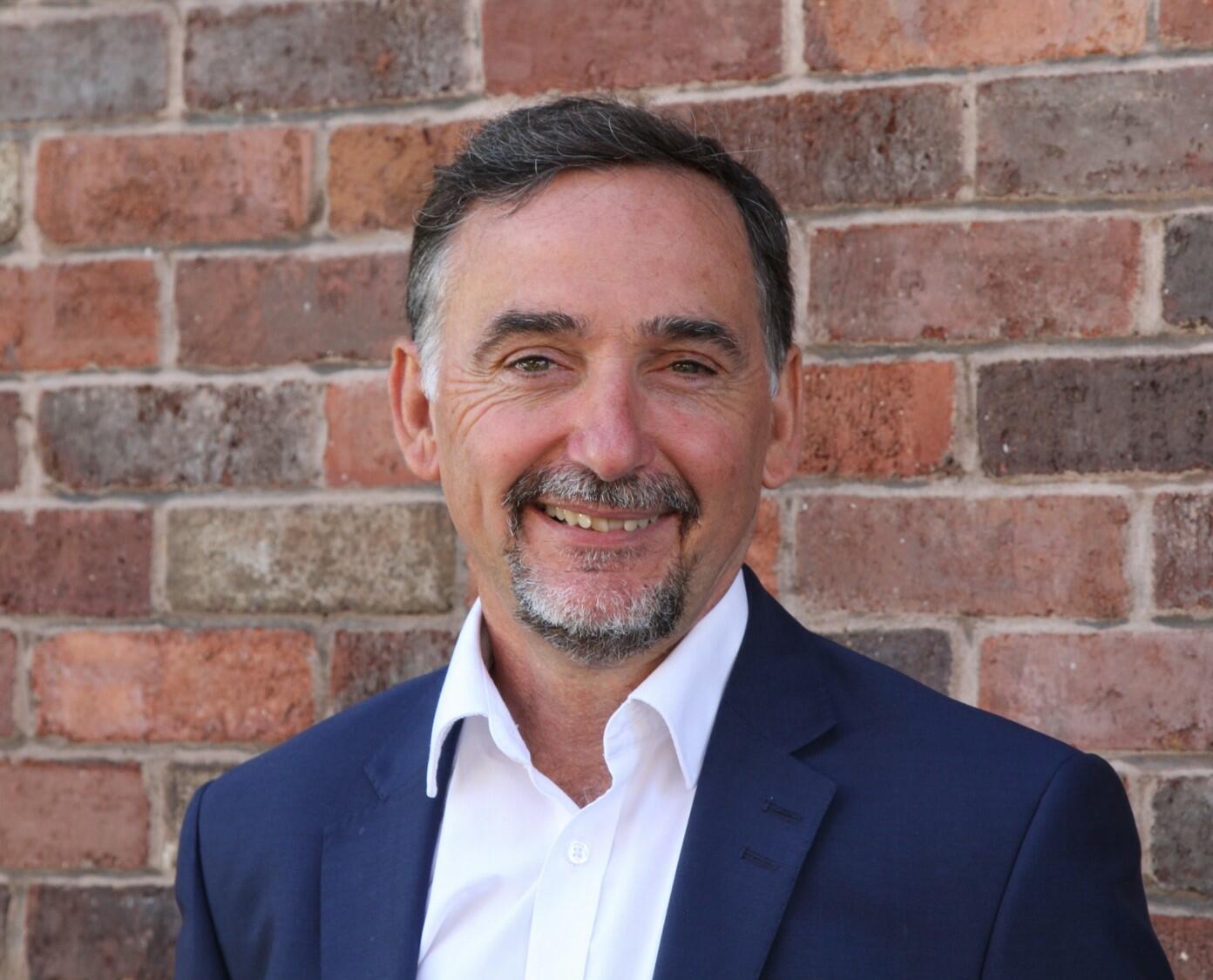
In sub-Saharan Africa most malaria transmission occurs indoors at night. If we could prevent malaria mosquitoes entering houses, we could therefore reduce transmission. In this talk I will present recent findings that illustrate how the design of a house affects mosquito entry, with some surprising results.
Professor Lindsay is a public health entomologist with an interest in the control of vector-borne diseases, particularly malaria. He was part of the team that first showed that insecticide-treated bednets reduced mortality from malaria in children. As well as testing long-lasting insecticidal nets, indoor residual spraying and larviciding, he is particularly interested in the development and testing of interventions that could be used outside the health sector. His current focus of research is on improvements to the built environment for the control of vector-borne diseases. Over the past 34 years he has have carried out field work in The Gambia, China, Ethiopia, Kenya, Laos PDR, Pakistan, Tanzania, Thailand and Uganda and published 220 peer-reviewed papers, many in high impact journals. He was also a lead writer of the World Health Organisation’s (WHO) ’Global Vector Control Response 2017-2030’, and the ’Toolkit for Integrated Vector Management for sub-Saharan Africa’. He was a member of WHO’s Vector Control Advisory Group for six years and is currently on the Strategic and Technical Advisory Group on Neglected Tropical Diseases. He is a co-director of the BOVA network (Building Out Vector-borne diseases in Africa) and Roll Back Malaria’s vector-borne diseases and the built environment workstream. He is based at Durham University in the UK and has an Honorary Chair in Public Health Entomology at the London School of Hygiene and Tropical Medicine.
This seminar will be live-streamed at http://bit.ly/LSTM-Sem19-SL
A recording will be made available on the LSTM website the following day